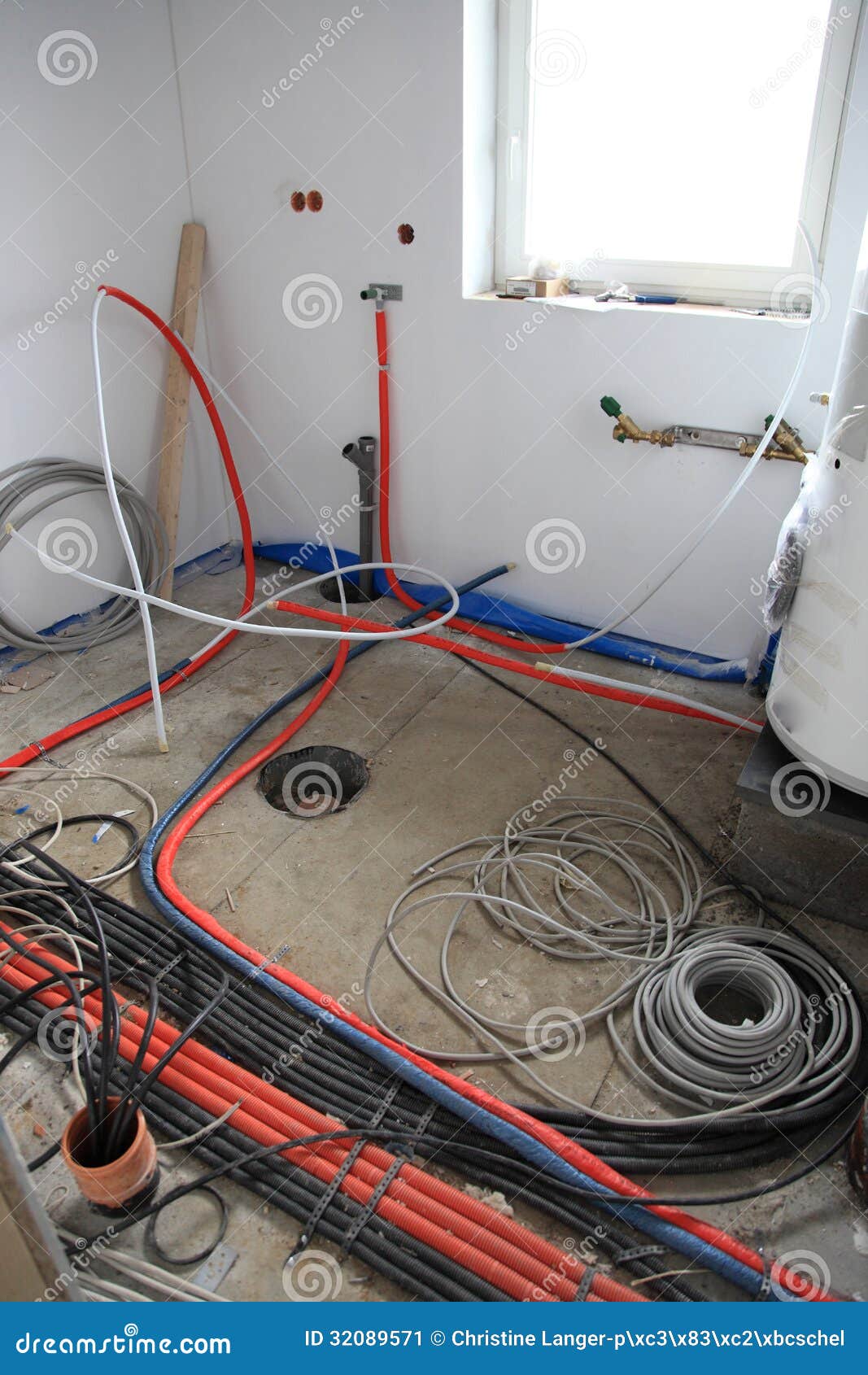Customized BRE Electrical Solutions for Residences and Organizations
Customized BRE Electrical Solutions for Residences and Organizations
Blog Article
Demystifying Electrical Setup: Recognizing Codes and Rules for a Legal and Safe Setup
In the realm of electric setup, adherence to codes and regulations is extremely important to make certain both legitimacy and safety and security. The journey to debunking electrical installation goes past simple familiarity with laws; it demands a profound grasp of just how to apply risk-free electrical methods efficiently.
Importance of Electric Codes
The adherence to electrical codes is important in guaranteeing the safety and security and reliability of electric installations. Electrical codes work as a set of criteria and standards that dictate the appropriate layout, installation, and upkeep of electrical systems. These codes are developed to minimize the danger of electric threats, fires, and other safety and security worries that may develop from defective electric job.

In addition, electric codes are frequently updated to include new technologies, ideal practices, and precaution. Staying upgraded with these codes is vital for professionals in the electric market to ensure that their job meets the current safety and security requirements. Ultimately, the relevance of electric codes lies in creating a secure and reliable electric facilities that profits both individuals and neighborhoods.
Key Laws for Security
Numerous basic laws control the safety standards in electric setups. One key policy is the National Electric Code (NEC), which gives guidelines for secure electrical layout, setup, and examination to safeguard individuals and residential property from electrical risks. The NEC covers elements such as circuitry methods, grounding, overcurrent security, and devices installation to ensure a safe electrical system.
One more critical regulation is the Occupational Safety and Health And Wellness Management (OSHA) requirements, which concentrate on the safety and security of employees involved in electrical installations (BRE Electrical). OSHA guidelines consist of demands for appropriate training, security treatments, and individual protective devices to stop office crashes and injuries
Moreover, the International Electrotechnical Compensation (IEC) requirements aim to integrate electric setup guidelines on a worldwide scale. These criteria address concerns like electric devices safety, electro-magnetic compatibility, and power effectiveness to promote harmony and security in electrical installations worldwide.
Conformity with these vital policies is important to guarantee the safety and legality of electric installations, protecting both people and building from the threats connected with electrical power.
Understanding National Electric Code
Key laws such as the National Electrical Code (NEC) provide essential standards for risk-free electrical layout, installment, and assessment to make sure the security of individuals and property from electric hazards. The NEC, additionally referred to as NFPA 70, is an extensive set of requirements for electrical installments that are updated every 3 years. see this site It is developed by the National Fire Defense Organization (NFPA) and is widely taken on across the USA.
The NEC covers numerous aspects of electric job, including wiring techniques, grounding, overcurrent defense, and devices installation. It aims to safeguard individuals and residential or commercial property by addressing prospective risks related to electrical systems. Compliance with the NEC is commonly imposed by regional authorities having jurisdiction (AHJs), such as developing code authorities and assessors.
Understanding the NEC is important for electric contractors, designers, and examiners to make certain that installations satisfy the essential safety requirements. By adhering to the NEC standards, specialists can help stop electric crashes and ensure you could try here the integrity of electric systems in residential, commercial, and commercial setups.
.jpeg)
Conformity With Regional Building Regulations
Recognizing and sticking to local structure codes is important for making certain the safety and compliance of electric installments within a specific jurisdiction. These codes lay out specific demands for electric installments, such as the kind of wiring to be utilized, positioning of electrical outlets, basing methods, and load capabilities.
When it involves electrical installations, failure to adhere to regional building regulations can cause serious consequences. Non-compliant setups may present safety and security threats, increase the risk of electric fires, and bring about costly fines or legal why not try these out problems. Furthermore, insurance provider might reject to cover problems arising from installments that do not fulfill neighborhood building ordinance needs. It is crucial for electrical contractors and specialists to remain informed about and purely stick to the local building codes applicable to their tasks.
Making Sure Safe Electrical Practices
Exercising stringent adherence to established security protocols is important in the field of electric setups to reduce potential risks and ensure the health of people and properties. Safety and security in electric work encompasses numerous elements, starting with the proper training of employees included in installation, upkeep, and fixing. By prioritizing safe techniques, electric installations can operate successfully while lessening the possibility of accidents or damages.
Verdict
In final thought, adherence to electrical codes and laws is critical for making certain the security and legality of electric setups. Understanding the National Electric Code and conformity with regional building ordinance are important for a secure configuration. By complying with these guidelines and exercising risk-free electric methods, people can stop potential threats and guarantee the correct functioning of their electric systems.
Report this page